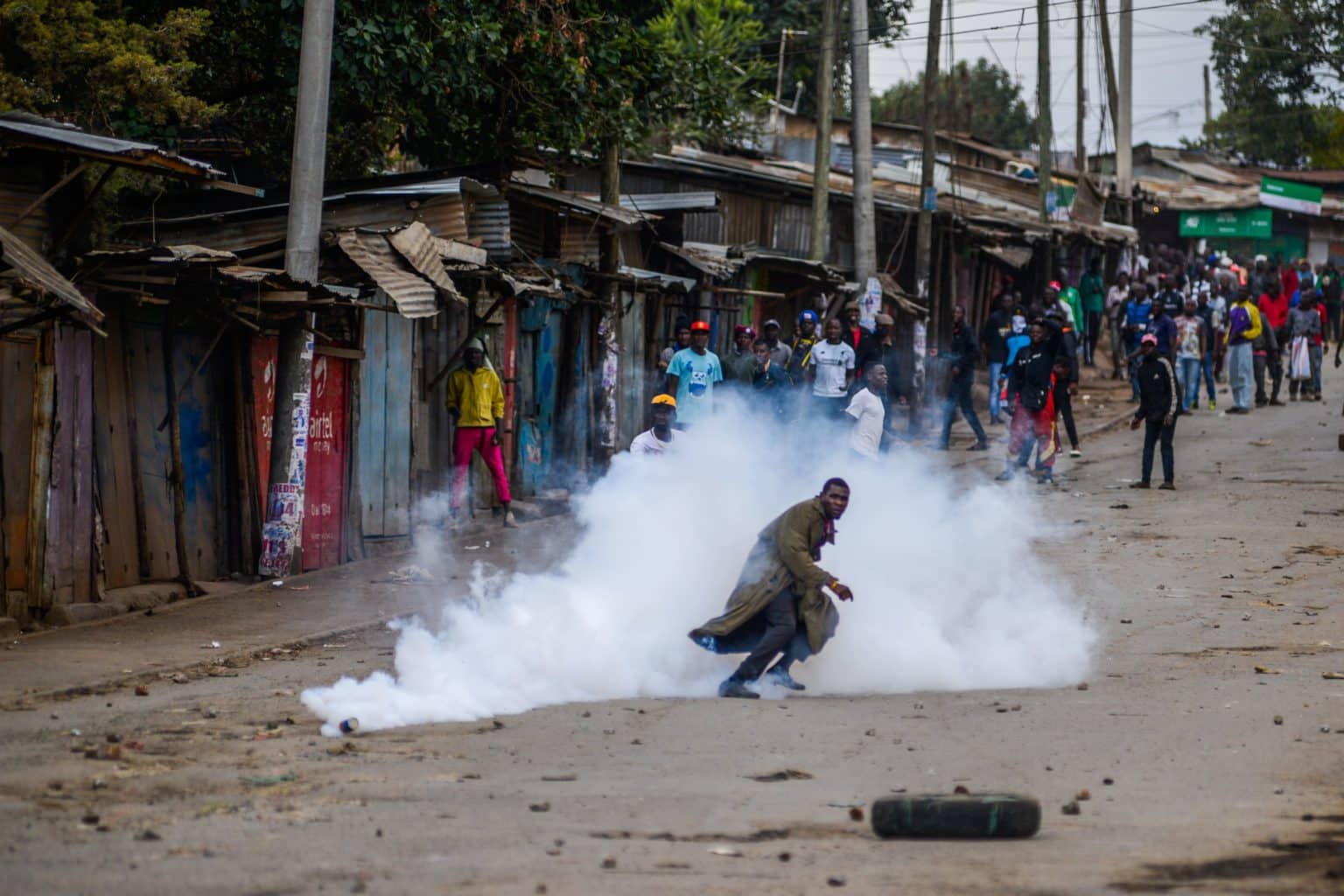Police officers use tear gas to disperse crowds during riots or demos. It irritates the eyes, nose, throat, and skin, resulting in symptoms like tears, coughing, and trouble breathing. Although tear gas is not lethal, it can cause severe pain and injury when exposed to it If you come into contact to tear gas while protesting, you should take several precautions to safeguard yourself and limit your connection with the chemical.

When subjected to tear gas, the first action you should take is to get as far away from the origin of the gas as feasible. Tear gas can spread quickly, so attempt to move upwind or in a different way when the gas is present. Cover your nose and mouth with a cloth or mask to avoid inhaling the gas. If you wear contact lenses, remove them immediately, as they can stick to the gas in the eye.
When you're a safe distance from the gas, look for a spot to get some fresh air. Open doors and windows to enable air to circulate if you are indoors. If you're outside, attempt to get above ground, as the gas is denser than air and is more likely to settle there. Fans and air conditioners should not be used because they can disseminate the gas, making breathing difficult.

Did you read this?
It is critical to clean yourself as soon as you can after being subjected to tear gas. Tear gas can adhere to your clothing and flesh, extending your chemical exposure. Remove your garments and thoroughly wash them with water and soap. To remove, shower and cleanse your hair and face. Avoid rubbing your eyes or skin, which may further irritate the affected areas. Wash your face with mild soap and avoid harsh detergents, which can aggravate the irritation.
Seek medical treatment immediately if you experience signs after being subjected to tear gas. Burning and irritation of the eyes, nose, and throat, coughing, trouble breathing, and skin irritation are all possible symptoms. If you have a medical problem, such as asthmatic or heart disease, you are more likely to experience severe symptoms.









